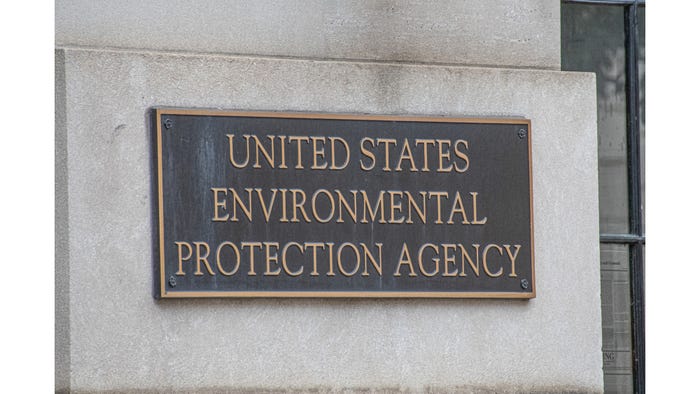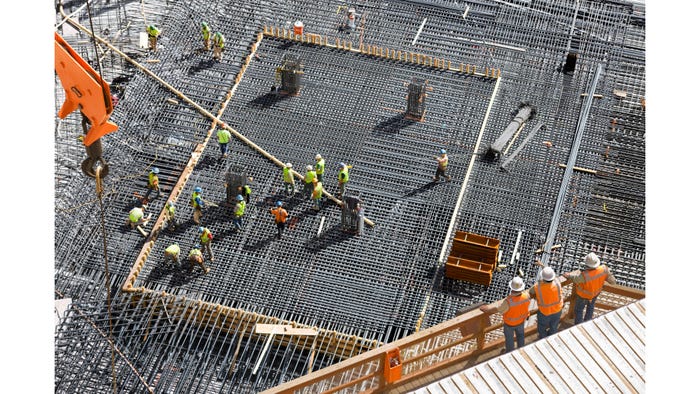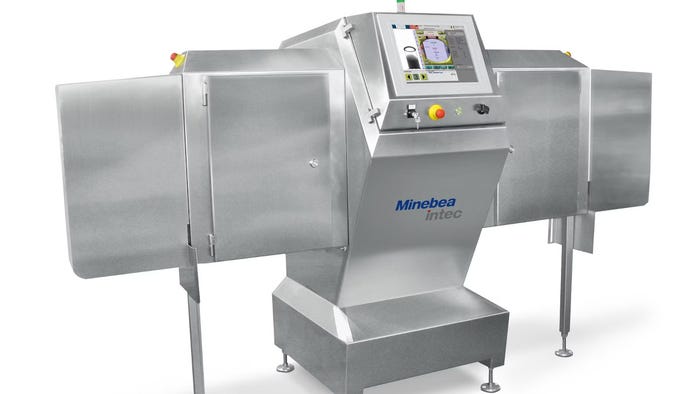
US Sen. Ted Cruz (R-Texas) reintroduced the Chemical Tax Repeal Act on Feb. 18, 2025. The bill would repeal the Superfund Excise Tax imposed by the Infrastructure Investment and Jobs Act passed in 2021. Sen. Cruz previously introduced the Chemical Tax Repeal Act in April 2023 and December 2021.
The law re-imposed taxes on 42 chemicals, critical minerals, and metallic elements used in common household items such as plastics, rubber, concrete, soap, lightbulbs, and electronics.
The Chemical Tax, aka the Superfund Tax, existed from 1987 to 1995 and was used to mitigate certain contaminated sites around the country. The 2021 Infrastructure Investment and Jobs Act re-imposed the tax at twice its prior levels. The costs imposed by this measure travel down the supply chain, increasing prices for manufacturing materials to final products.
There are actually two separate Superfund chemical excise taxes: a tax on the sale or use of "taxable chemicals" under section 4661 of the Internal Revenue Code and a tax on the sale or use of imported "taxable substances" under section 4671.
Chemical Tax Repeal Act History
The Chemical Tax Repeal Act was first introduced in 2021, the year Mr. Cruz (for himself, Mr. Inhofe, Mr. Kennedy, Mr. Toomey, Mr. Lee, and Mr. Barrasso) introduced the following bill; which was read twice and referred to the Committee on Finance.
The Chemical Tax Repeal Act was introduced in April 2023 by Sen. Cruz, Sen. John Kennedy (R-LA), Sen. Mike Lee (R-UT), Sen. John Barrasso (R-WY), and Sen. John Cornyn (R-TX). The bill was read and then referred to the Committee on Finance.
It went further this time, and in November 2023, the bill was passed to the House of Representatives, introduced by US Rep. Beth Van Duyne (R-TX), Congresswoman Carol Miller (R-WV), and Congressman Mike Carey (R-OH) in the 118th Congress. The Chemical Tax Repeal Act would repeal the $15 billion Superfund tax imposed through the Infrastructure Investment and Jobs Act on 42 different materials that are essential in the production of household goods. The bill was then referred to the House Ways and Means Committee. The bill failed to pass in 2023.
In January 2025, again Congresswoman Carol Miller (R-WV) and US Representatives Beth Van Duyne (R-TX), Mike Carey (R-OH), along with Darin LaHood (R-IL) introduced the legislation again, just a few weeks prior to Sen. Cruz's reintroduction statement.
“We should be unleashing American manufacturing and strengthening our economy, not increasing the tax burden on Texan and American businesses. Repealing this tax will strengthen the competitiveness of American industries, protect jobs, and ensure everyday essentials remain affordable for American families. I urge my colleagues to expeditiously take up and advance this bill.,” said Sen. Cruz.
In reference to the reintroduction of the Chemical Tax Repeal Act, The American Chemical Council (ACC) stated that “These misguided taxes affect chemical supply chains and markets and continue to raise costs for consumers and businesses. An IRS hearing affirmed their broad impacts on industries including fertilizer, farming, energy production, and manufacturing.
“The burden of the taxes is primarily falling on ethylene, propylene, benzene, chlorine, and xylene. These chemicals are basic building blocks for chemistries used in light vehicles, building and construction, business equipment, water delivery and purification, and many other final products….”
Sen. Cruz’s legislation received support from the US Chamber of Commerce, ACC, Alliance for Chemical Distribution, Vinyl Institute, National Taxpayers Union, Taxpayer Protection Alliance, Battery Council International, Americans for Prosperity, and Institute of Makers of Explosives.
About the Author
You May Also Like




